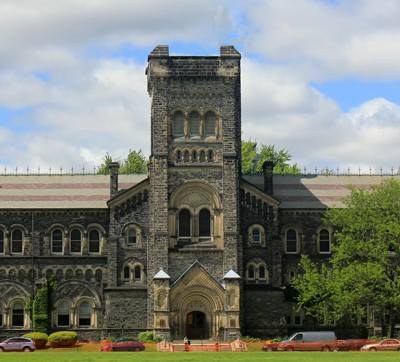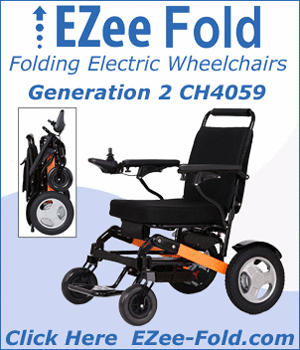Ten Steps to Finding an Accessible College

Students who are just going into college for the first time can easily be overwhelmed by the whole experience. It’s a completely new environment, they might not know anyone, perhaps they have a roommate to get used to, not to mention the actual campus and classes that they must attend. For students with disabilities there’s an added factor of having to find the right college that meets their accessibility needs. It’s important to choose the right college to get a fantastic experience, so look for these 10 things when researching colleges to find an accessible one that’s right for you.
Aide Programs
Certain colleges are much better than others when it comes to aid resources, a huge factor in your ability to receive a high-quality education. Many schools can offer the use of a guide dog, which is very helpful for navigating a massive campus. Be sure to find out how to request these services so you’re prepared long before you actually arrive at campus.
Assisted Learning Technologies
Look into the types of technologies offered by the school as learning assistance. Many schools simply meet the minimum standard, whereas others have a lot of additional options which can be key in helping you succeed. These options include assistive learning, reading, and hearing assistants, which can really help you in a certain course and course manuals.
Look at College Accessibility Statistics
Before you go to the school, you can actually look at stats online to find out how many students at each campus require additional accommodation. When you’re visiting the campus, keep your eyes peeled for students who might fit that description. In short, the more people there are at a campus, the higher the chances that campus will be accessible.
Building Access
Look into the accessibility of all the college buildings, and don’t be afraid to ask if you need to. This includes all the buildings where classes are held, the library, the dorms, and food hall. You must make sure they’re accessible at all times of day and night, and if you’re going to college in a cold climate, make sure the college is diligent about keeping accessible routes clear of snow.
Take a Tour
If you go on a college campus tour before choosing your school, you can find out in advance how accessible each building is and how easy it is for you to get around. A suggestion from Kayla Harris, an educator at Paper Fellows and AustralianHelp, is to “go into buildings that aren’t part of the tour, because you might be only seeing the newer buildings with accommodations and not the older ones that might not be as accessible.”
Look at the Policy
Read the school’s policy on accommodations, because as mentioned, some go above and beyond while others just meet the minimum requirements. You have to make sure it works for you. You should also find out what the avenue is to report a problem if you have one and whether someone could help fix it quickly. For example, if you need the elevator to get to class but it’s out of order, how quickly will it get fixed or what are your alternatives to get to class.
Online Resources
Find out if there are any library resources online in case you can’t make it in person or won’t have time between your courses. It’s also a good idea to be able to request accommodations online to save you time and effort.
Disability Services
Head to the Student Disability Services Office and speak to others there to get a feel of how the college is supporting them and meeting their needs. Both other students there and the advisors should help you get a feel for it.
Join an Extracurricular Group
College professor Bert Greer, with Boom Essays and Assignment Writing Service, says to “find out if your campus has an extracurricular support group for students with disabilities. This is a great network to join for support and ideas if you have an issue.”
Look at Budget Accommodations
Some schools don’t include the accommodation extras in their budget and prices, so be sure to know the exact price tag before you start comparing universities.
 Article Authour:
Article Authour:
Aimee Laurence, a journalist with Write My Thesis and UKWritings.com, shares her thoughts and insights on the education system, updating and modernizing curriculums, and different aspects of college life. In her spare time, she works as a freelance editor for Sydney Writing Service.


 Online Vendors
Online Vendors  US Online Vendors
US Online Vendors 
